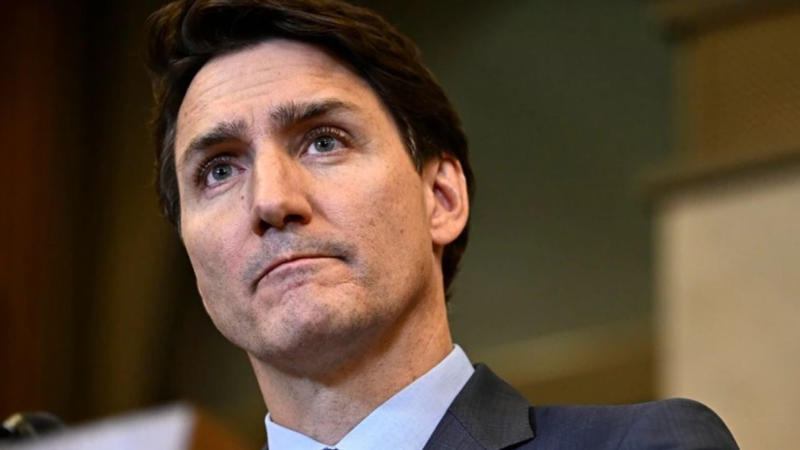Published 17:13 IST, January 7th 2025
Justin Trudeau Reflects on 'One Regret' After Resigning as Canada PM: Electoral Reform Wish
Justin Trudeau resigned as Canada’s PM after nearly nine years, expressing regret over not reforming the electoral system to allow multiple choices on ballot.

Ottawa: Justin Trudeau, Canada's 23rd prime minister and leader of the Liberal Party for over a decade, announced his resignation on Monday, marking the end of a nearly nine-year tenure in office. In a press conference in Ottawa, the 53-year-old leader reflected on his time in power, touching on his achievements, challenges, and a singular regret that continues to weigh on him as the country approaches its next general election later this year.
"If I have one regret, particularly as we approach this election - well, probably many regrets that I will think of. But I do wish we'd been able to change the way we elect our governments in this country so that people could simply choose a second choice, or a third choice on the same ballot," Trudeau said.
Trudeau's resignation comes amid mounting difficulties for the Liberal Party, including declining poll numbers, internal discord, and a resurgent Conservative opposition led by Pierre Poilievre. He acknowledged that the challenges facing his party and his leadership had become insurmountable as Canada braces for a crucial election later this year.
"This country deserves a real choice in the next election," Trudeau stated, adding, "and it has become clear to me that if I'm having to fight internal battles, I cannot be the best option in that election."
When Trudeau first led the Liberals to victory in 2015, he was celebrated as a progressive leader, promising "sunny ways" and championing issues like climate action and gender equality. His youthful energy, along with his legacy as the son of former Prime Minister Pierre Elliott Trudeau, helped him build a strong mandate both at home and internationally.
With Trudeau's resignation, the Liberal Party will face a big challenge in finding a leader with widespread appeal. The interim leader would be ineligible to run for the permanent position, and the leadership selection process could take months, leaving the party exposed as federal elections approach later this year.
Potential successors, such as Dominic LeBlanc, Melanie Joly, Francois-Philippe Champagne, and Mark Carney, have been mentioned, but the lengthy leadership race could further undermine the party's prospects at the polls.
Meanwhile, the Conservative Party, under Pierre Poilievre's leadership, holds a strong lead in public opinion polls, tapping into widespread frustration with the economy. Poilievre had pledged to repeal Trudeau’s carbon tax and tackle Canada's housing crisis. Some polls indicated that the Conservatives are ahead of the Liberals by a double-digit margin.
(with agency inputs)
Updated 17:13 IST, January 7th 2025




